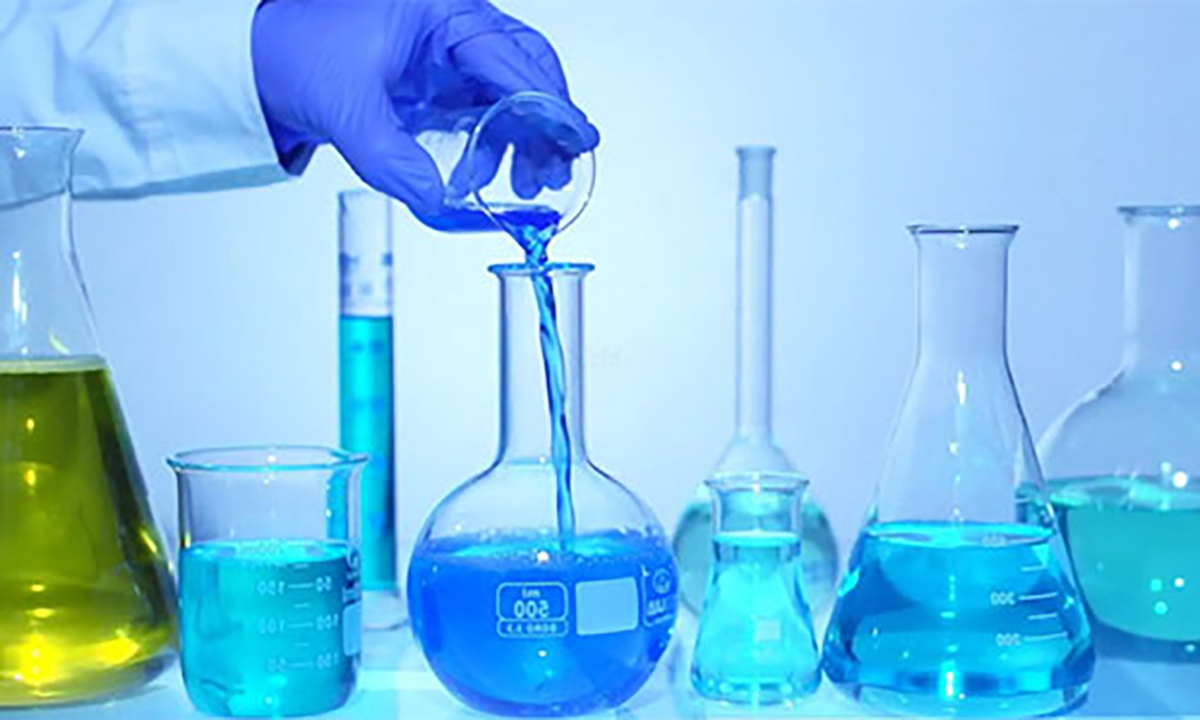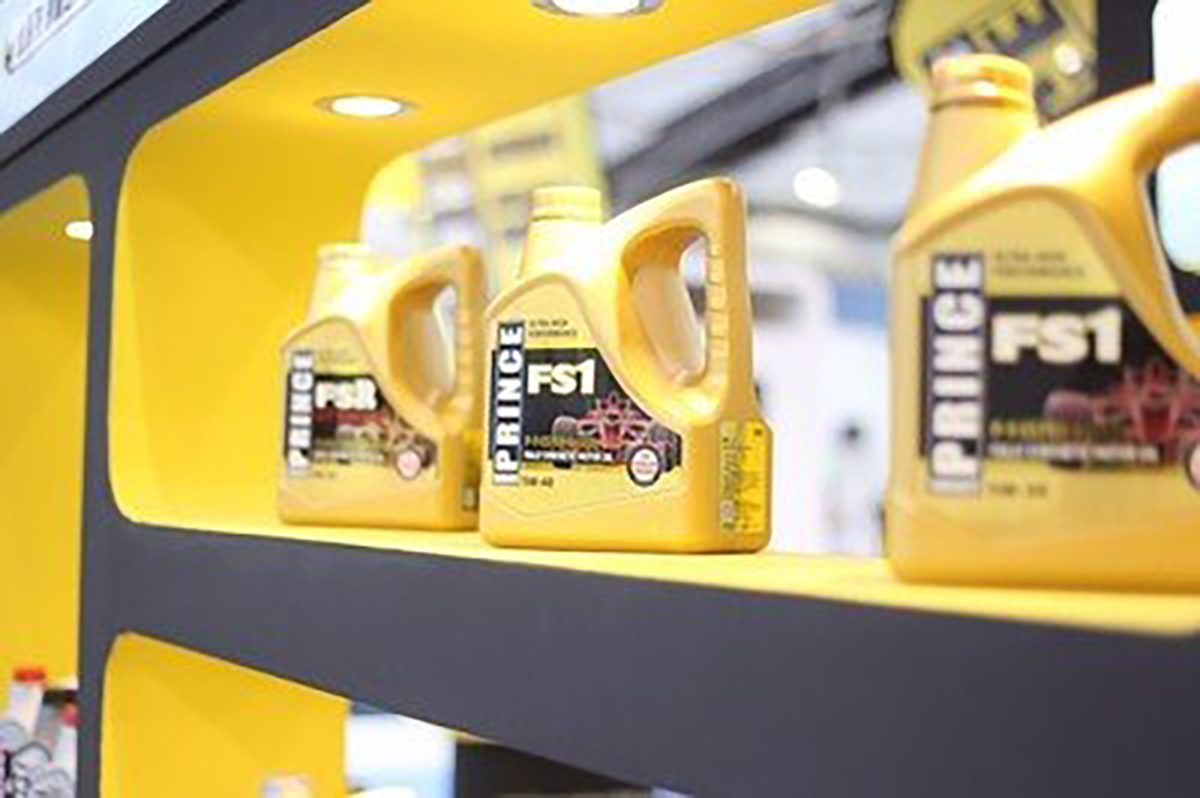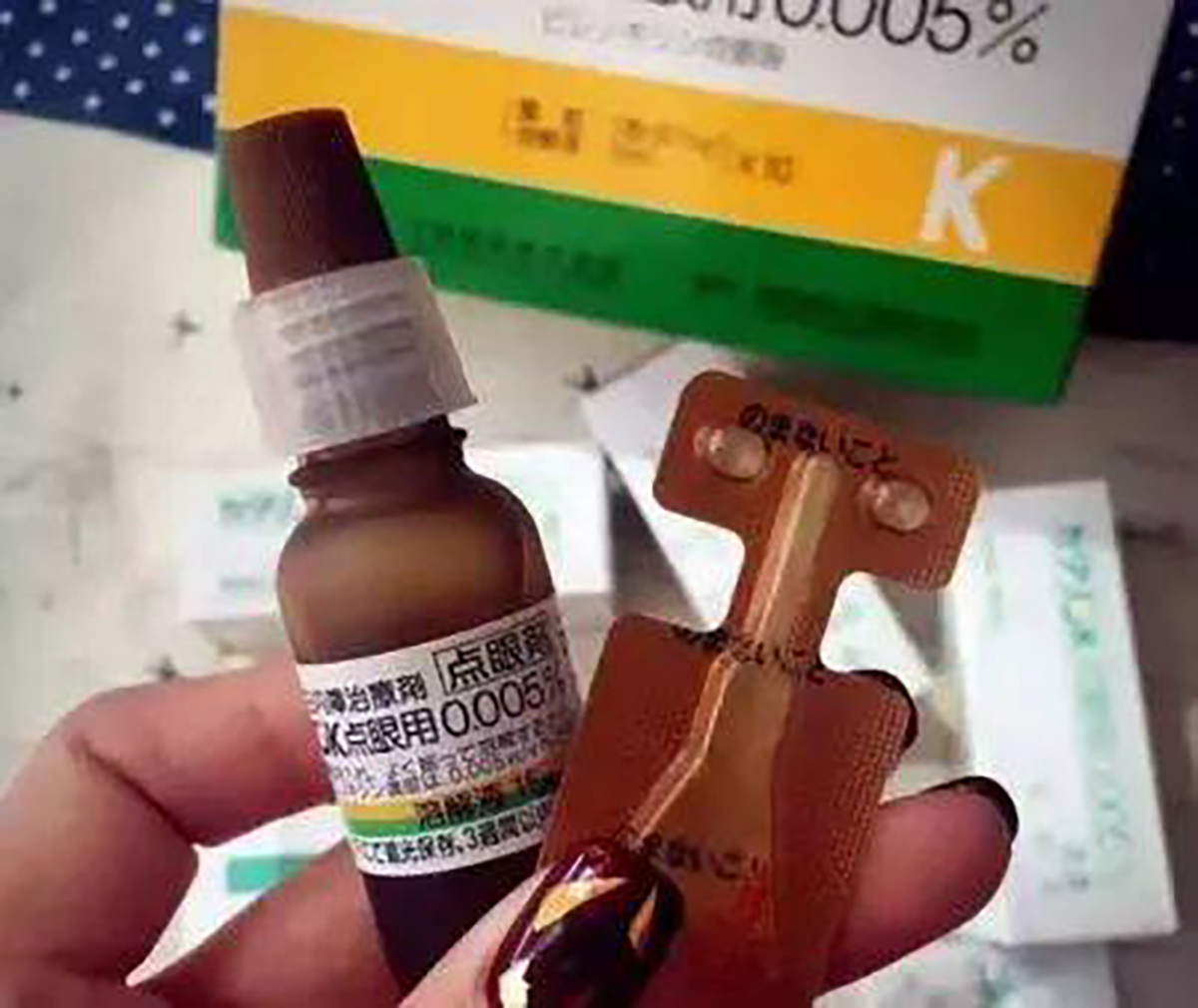What is the use of scraped surface heat exchanger (votator)?
A scraped surface heat exchanger (votator) is a specialized type of heat exchanger used in various industries for the efficient transfer of heat between two fluids, usually a product and a cooling medium. It consists of a cylindrical shell with a rotating inner cylinder equipped with scraping blades.
The main use of a scraped surface heat exchanger is in processes that involve highly viscous or sticky materials. Some common applications include:
Food Industry: Votators are commonly used in the food industry for processes such as heating, cooling, crystallization, and freezing of products like chocolate, margarine, ice cream, dough, and various confectionery products. The scraping action helps maintain product integrity, prevents fouling, and ensures uniform heat transfer.
Chemical Industry: VOTATORs find application in chemical processes that involve high-viscosity fluids, such as polymerization, cooling, and heat-sensitive reactions. They are also used for heat recovery in processes like distillation, evaporation, and condensation.
Oil and Gas Industry: In the oil and gas sector, scraped surface heat exchangers are used for processes like wax cooling, paraffin removal, and the extraction of high-value products from crude oil.
Pharmaceuticals and Cosmetics: VOTATORs are employed in the pharmaceutical and cosmetic industries for various applications, including cooling and heating of ointments, lotions, creams, and pastes. They help maintain product quality and prevent degradation.
The scraping action in an VOTATOR helps prevent fouling and the formation of a stagnant boundary layer, allowing for more efficient heat transfer. It also aids in maintaining a uniform temperature distribution and preventing the build-up of deposits on the heat transfer surface.
Overall, scraped surface heat exchangers offer improved heat transfer performance and are particularly valuable in processes involving high-viscosity or heat-sensitive materials, where traditional heat exchangers may be less effective.
Post time: Jul-21-2023






